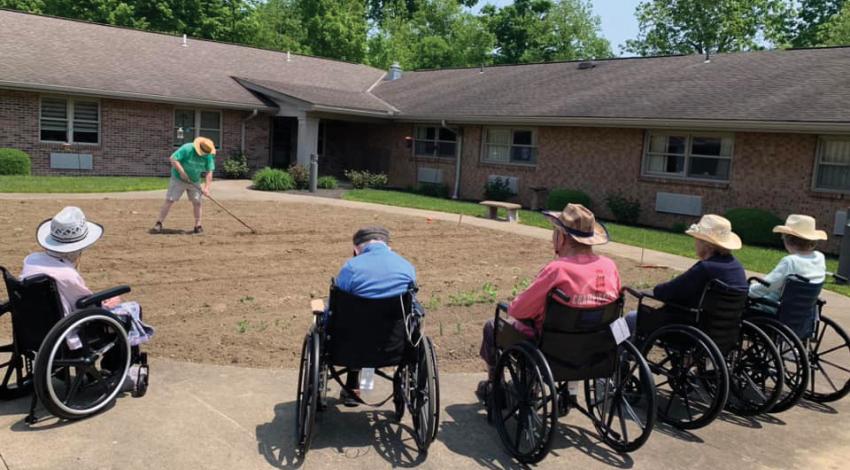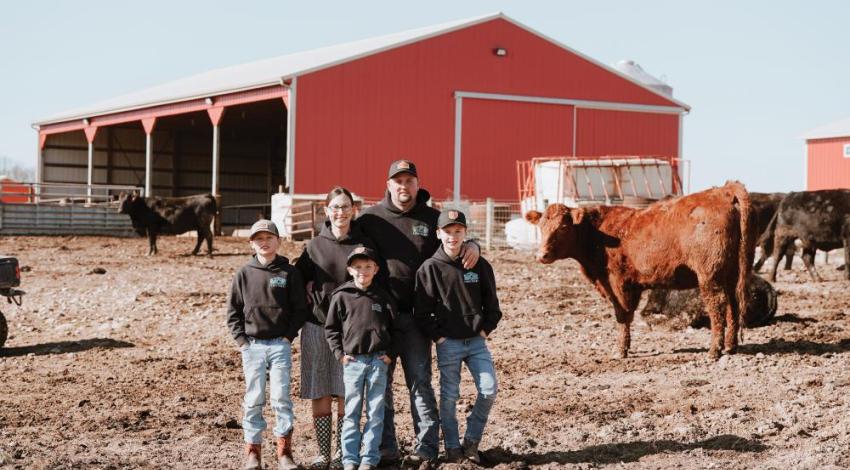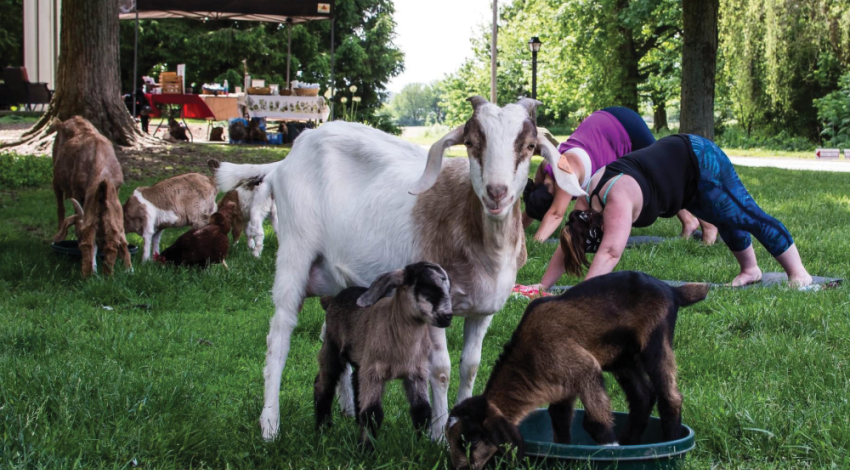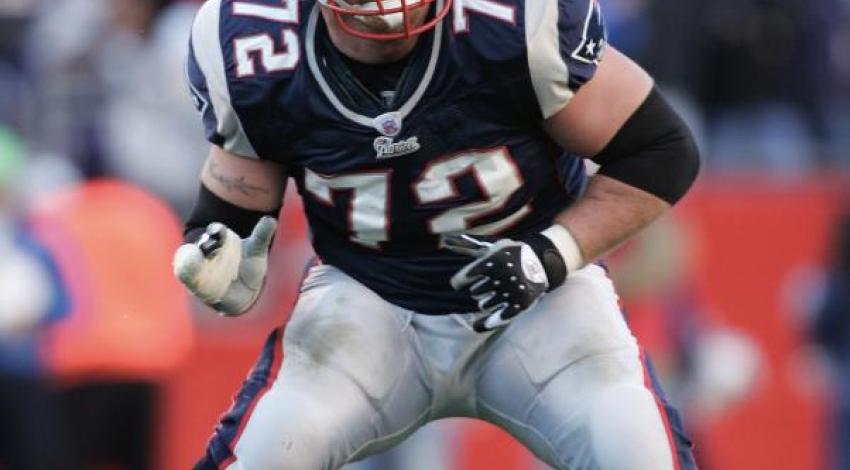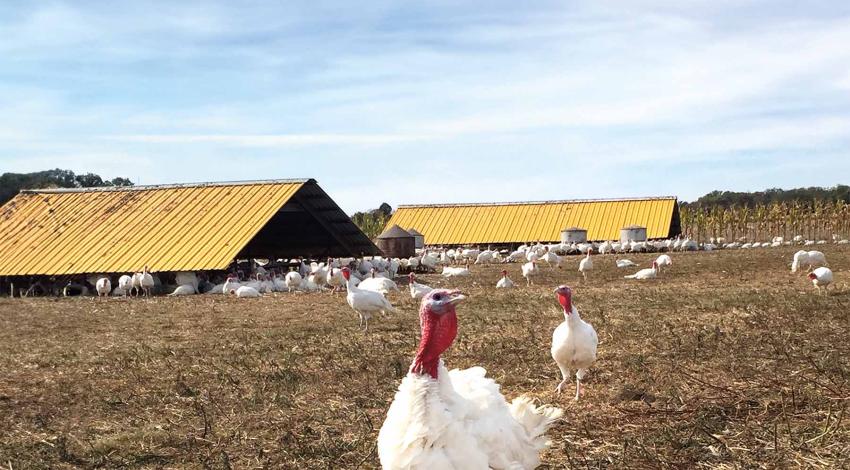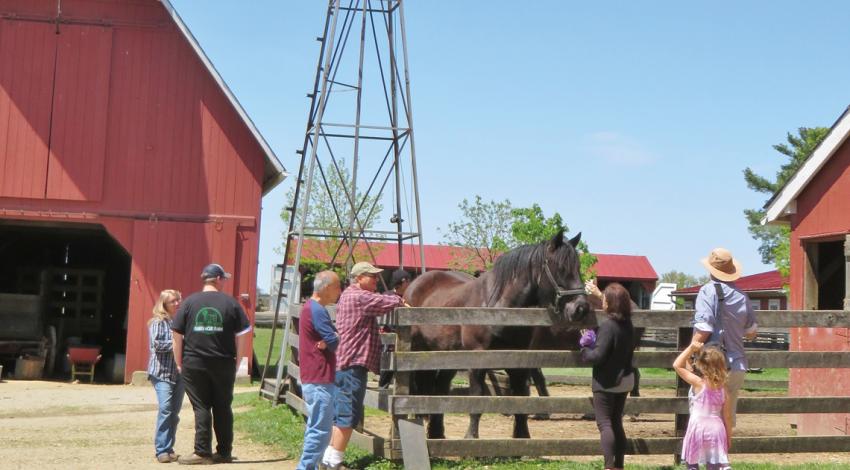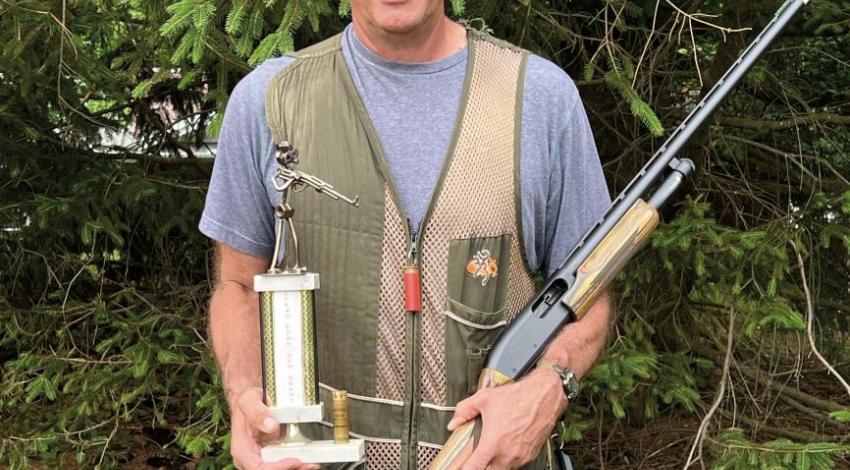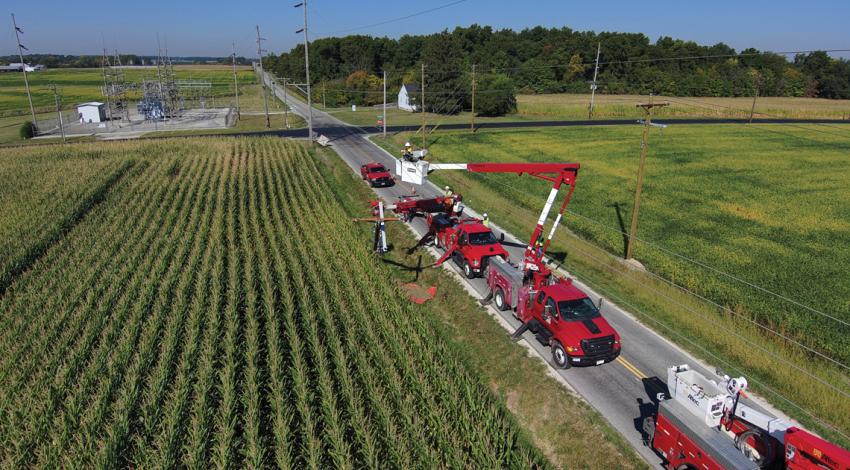Jerry Banks has a green thumb — something to which his family could always attest. Now, so can the residents and staff at Woodland Country Manor in Somerville.
Banks and his wife, Kathy, residents of Somerville and members of Oxford-based Butler Rural Electric Cooperative, always had a home garden but expanded their gardening activities when her parents (Homer and Phoebe Polser) moved to the retirement community not far from the “homeplace.”
“They used to tend a 1½- to 2-acre garden,” Banks says. “He was not one to sit around without getting some dirt on his hands, so Kathy and I thought a garden would help with the transition.”
